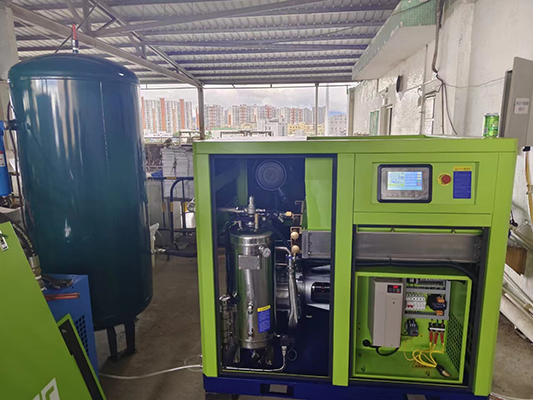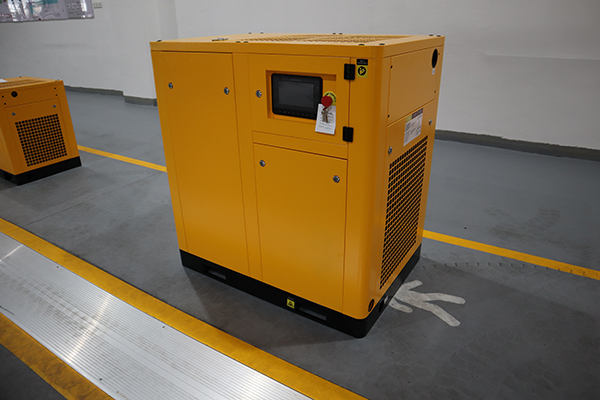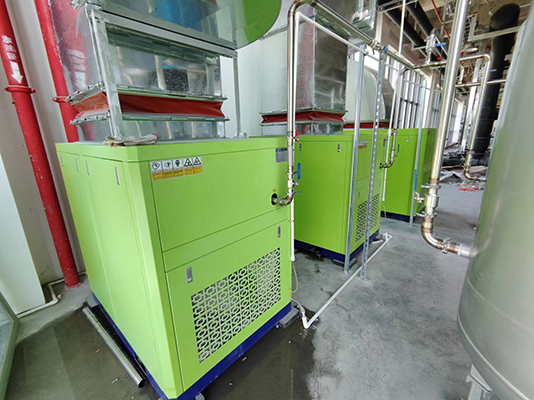Industry air compressor designed for cosmetics production meeting sterile air standards
News 2025-10-27
In the cosmetics industry, sterile air is crucial for preventing contamination during production processes like mixing and packaging. This air compressor is specifically engineered to deliver high-purity air that meets rigorous sterile standards, ensuring product safety and regulatory compliance. Its design addresses the unique challenges of cosmetics manufacturing, where even minor impurities can lead to spoilage or health risks, making it an integral part of modern industrial operations.

Application Scenarios
Sterile air compressors are vital in cosmetics production for tasks such as filling containers and spraying formulations. In environments where airborne pathogens pose a threat, this compressor supplies clean air to maintain aseptic conditions. For example, in the creation of skincare products, it prevents bacterial growth during transfer and storage, supporting efficient workflows and reducing waste in high-stakes manufacturing settings.
Performance Advantages
This air compressor excels with features like advanced filtration systems that capture particles down to 0.3 microns and eliminate microorganisms effectively. Its energy-efficient operation lowers costs without compromising air quality, while durable components ensure reliable performance in continuous use. By providing consistent sterile air, it enhances process control and output quality, making it a preferred choice for industries prioritizing precision and efficiency.
Frequently Asked Questions
1. What defines sterile air in cosmetics manufacturing?
Answer: Sterile air is air free from bacteria, viruses, and particles, achieved through filtration and sterilization to meet standards like ISO 8573-1.
2. How does this compressor maintain sterile conditions?
Answer: It integrates HEPA filters and automated monitoring to continuously purify air, ensuring it remains contaminant-free during operation.
3. Why is sterile air critical for industrial processes?
Answer: It safeguards product integrity, minimizes contamination risks, and ensures adherence to health regulations, ultimately protecting consumer safety and brand trust.


